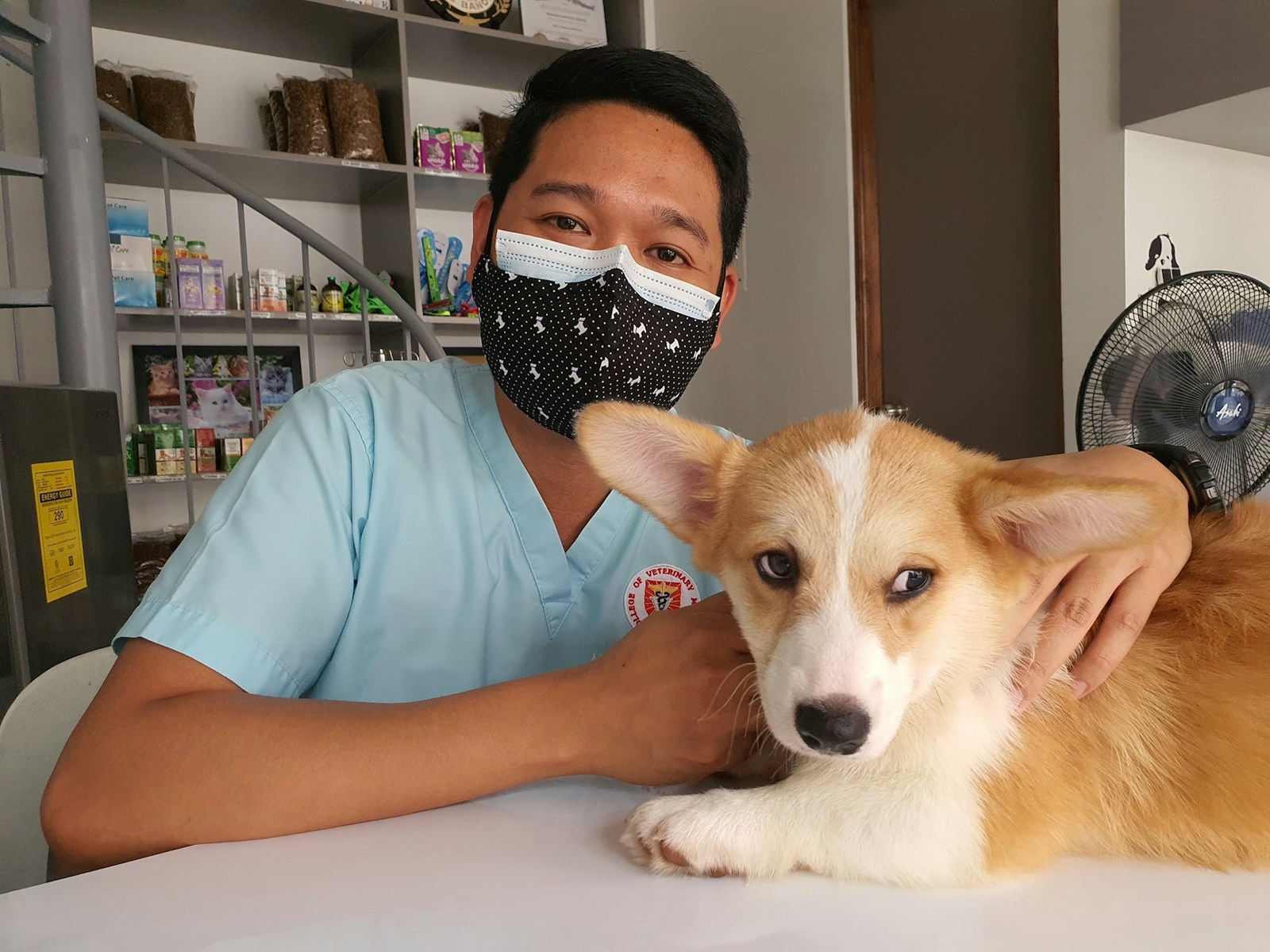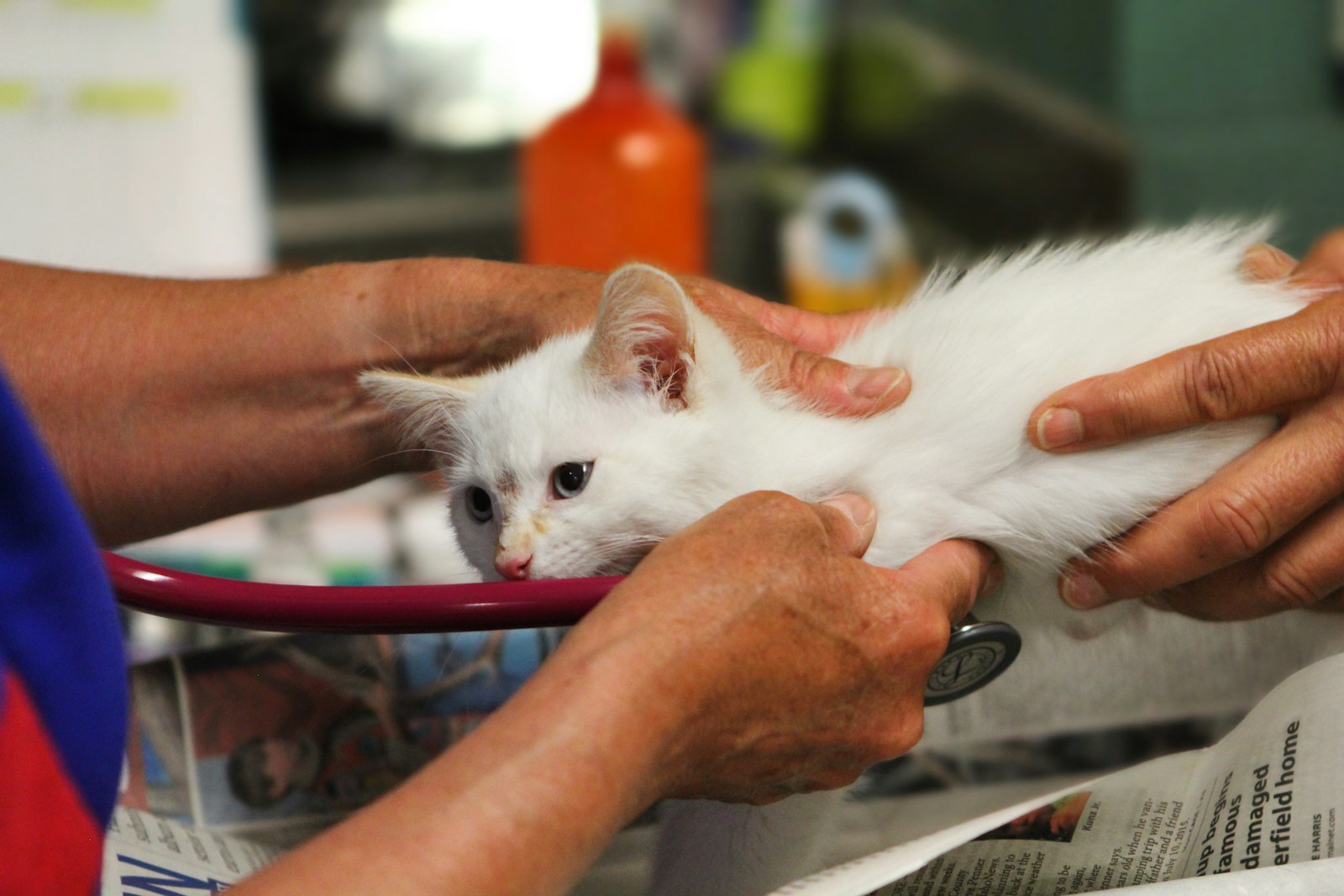A veterinarian, also referred to as a vet, is a kind of medical specialist who listens, looks at, and helps prevent sickness in animals. Vets don’t just work on pets; they work on livestock, wildlife and other exotic species to help them remain alive and healthy. This clinical role is both clinical and about a love for animals and communication between pet owners or the caregivers of animals is equally important.
Veterinarians have extensive career options, including working at private practices, animal hospitals, zoos, research institutes, or even government entities. Their responsibilities encompass basic examinations or routine evaluations and vaccinations to sophisticated surgical procedures and care management.
Resume Description for This Job
For veterinarians looking for work, a resume often contains details about their education, practical experiences, and courses that they’ve undertaken. You must emphasize your capability in managing the health of animals as well as the clients themselves.
Sample Resume Description:
“A qualified ,caring veterinarian with more than 5 years experience of treating companion animals in private practice. Competent in disease diagnosis and surgery, as well as the provision of information to prevent disease in pets. Obtained DVM and is licensed in [state]. Good in maintaining rapport with clients and providing quality animal services.”
Feel free to adjust details to better match your experience!
Salary (Based Range in the USA)
Veterinarians in the USA earn salary based factors such as experience, specialization and the area they are located.
- Average Annual Salary: $85,000 – $130,000
- Entry-Level Salary: In the range of 75,000 yearly.
- Experienced Vets: More than 150,000 a year, more on specialized fields or areas where practice is urban.
- Top Paying States: California, New York, Texas,
Other retirement packages include; medical insurance, sign-on bonuses, paid time off, sponsored education, etc.
Responsibilities

Veterinarians have a wide range of responsibilities, depending on their area of practice. Key duties include:
- Diagnosing Illnesses: The health condition of the patient is determined through examination of the patient’s body, blood samples and images taken by radiological equipment.
- Performing Treatments: Giving therapeutic measures such as medicines and injections as well as treatments with the aim of improving the health of the animals.
- Surgery: Carrying out both simple and elaborate surgical procedures; for example, spaying, neutering and intervening in case of trauma.
- Emergency Care: Dealing with and providing treatment for instant medical complexities like trauma, toxicity, or extreme disease conditions.
- Preventive Care: Educating the owner on diet, exercises and periodic surveillance as to assess the fitness status of the animal and its health conditions.
- Client Communication: Makes clients understand, as politely as may be, the reason for his diagnosis, the treatment and management plan decided upon and what to expect during and after the treatment.
- Animal Welfare Advocacy: Striving to ensure that animals whenever and wherever they are raised, kept, or housed, are treated in a humane, compassionate and socially acceptable manner.
- Record Keeping: Providing a sequential structure of interactions with the pets such as assessment and treatments done in each visit and what followed.
There is a possibility that, other specialized vets may come in contact with wild/tropical animals, undertake experiments or participate in controlling veterinary intercourses and zoonotic diseases.
Qualifications
One cannot perform his duties as a veterinarian without extensive education, training in clinics and various skills, as well as acquiring endorsements.
Education
- Doctor of Veterinary Medicine qualification is a requirement and the qualification should be obtained from a college that is accredited and offering relevant programs.
- A number of core subjects such as the GCSE including biology, chemistry and animal science will have to be taken in conjunction with the application for DVM program.
Licensure
- Taking and passing the North American Veterinary Licensing Examination(NAVLE) is important for one to be able to practice veterinary medicine within the United States.
- State-specific licenses may also be required.
Skills
- Empathy: The ability and willingness to assist animals in need and their owners.
- Critical- Pound Thinking: The ability to identify and treat diseases in the patient in the most efficient and timely manner.
- Hand Eye Coordination: Skillful topography with tools and satisfactory execution of the surgery.
- Patient Pearson: Ability to make the patient’s non medical person knowledgeable about the disease.
- Precision: Maintenance of record of history taking, investigations and treatment detail of the patient.
- Prioritization: Managing several cases and sudden circumstances effectively.
Experience
- Experiences through rotational internships, or practical postings during or after the veterinary medical college are good for practical exposure.
- Further and possibly higher certification may be required where such specialties as oncology, dermatology or orthopedic are considered.
FAQs
Q1: What does a veterinarian do on a given day?
Among the common tasks for a veterinarian are understanding the complaint and health of the patient, treating pets for any form of hardship or clinical disorder, conducting necessary surgeries, as well as instructing clients how to keep their pets healthy. They may also respond to any urgent cases, offer preventive care, and maintain patient charts.
Q2: How long does one take to be qualified as a veterinarian
As a norm 8 years is the time necessary for an individual aspiring to be a veterinarian that is four years for undergraduate studies and another four in a vet school. This might be extended if an individual seeks further education in any specific field.
Q3: How much do veterinarians earn?
Veterinarians in the U.S earn an annual salary ranging from $85,000 to $130,000 depending on the experience and specialty field for the veteran.
Q4: What skills are necessary for outmost performance of a veterinarian?
Essential skills include compassion and communication, problem-solving skills, ability to pay attention to small details, and manual dexterity for medical procedures.
Q5: Is being a veterinarian a stressful job?
Despite being rewarding as well; working as a veterinarian is sometimes a stressful job especially because of a lot of working hours, emotional cases, and physical demands of the job. One must have well defined coping mechanisms and a support system.
Q6: Is it possible for veterinarians to focus on specific areas?
Yes, veterinarians are able to specialize in surgical procedures, cardiology or dermatology, exotic pet care amongst others through further training and certifications.
Conclusion
A veterinarian’s profession is both highly stressful and incredibly rewarding, which requires him/her to share a wide variety of medical, emotional and communication skills. Veterinarians contribute positively to the society by their efforts in private practice, laboratories or zoo as they play a vital role in the health management of animals. This is an eye to every individual who loves pets, has the ability to work hard and promises to make a big difference in these pets and their owners.
